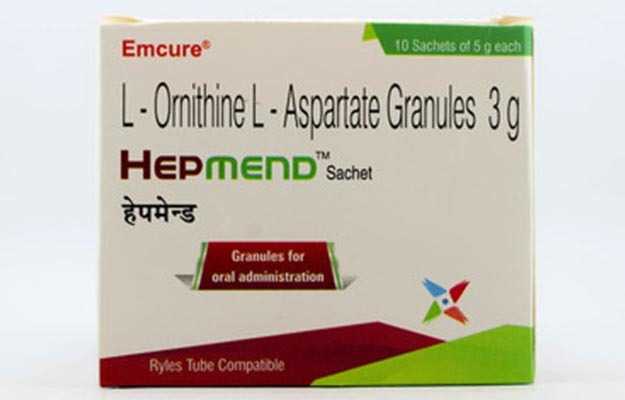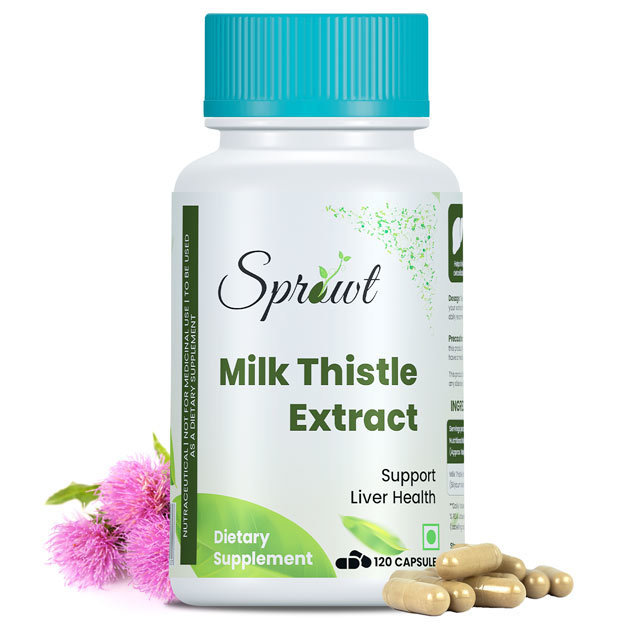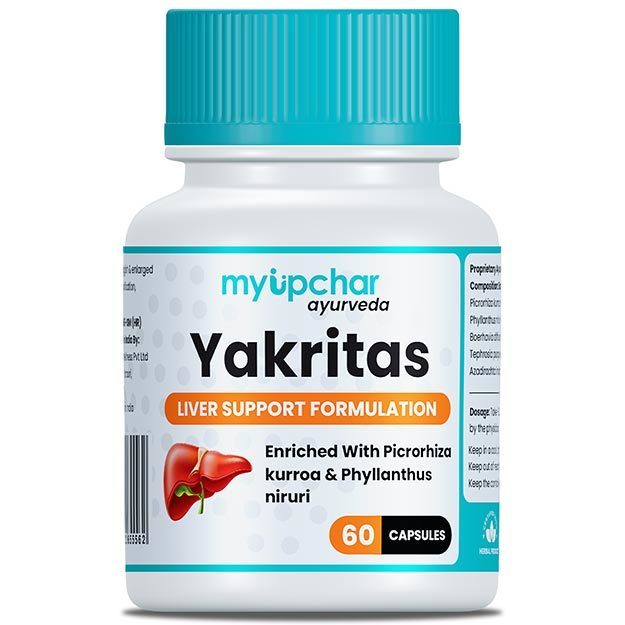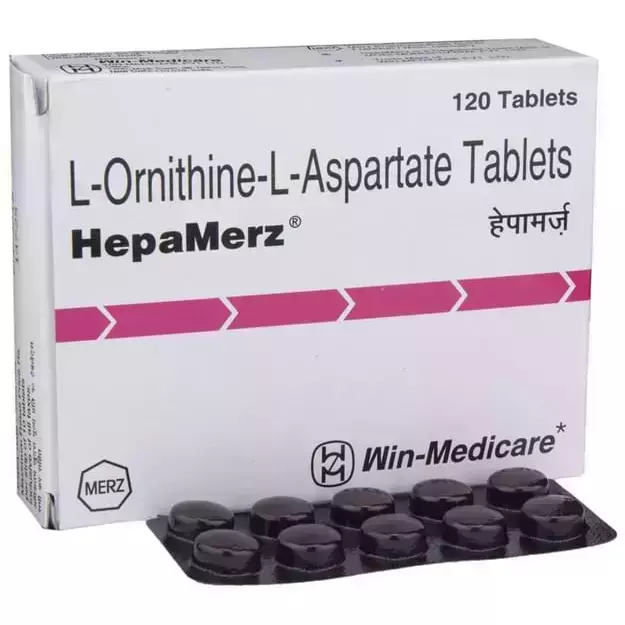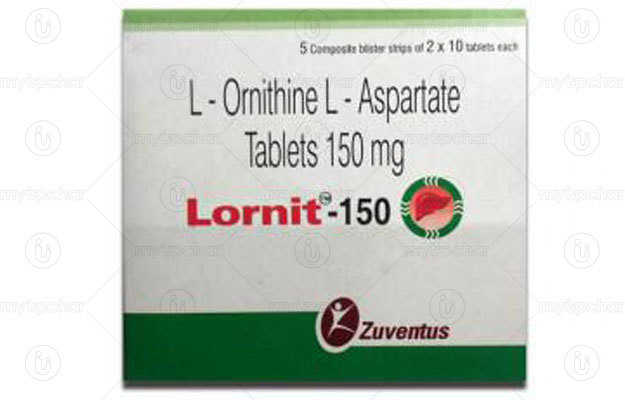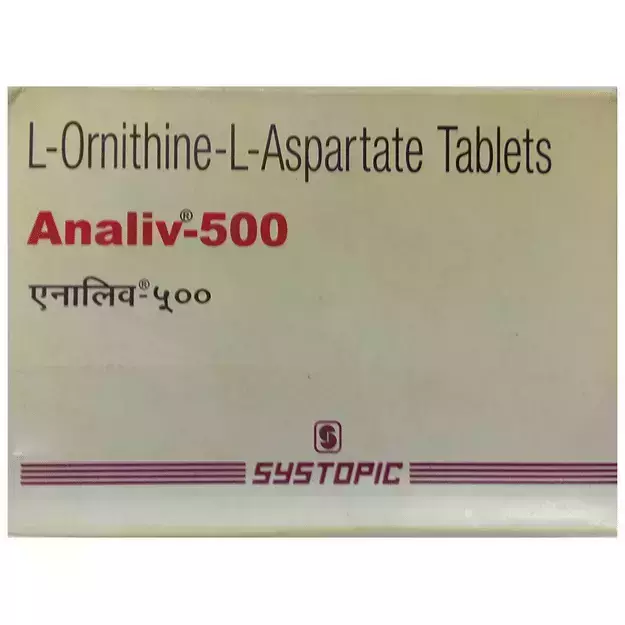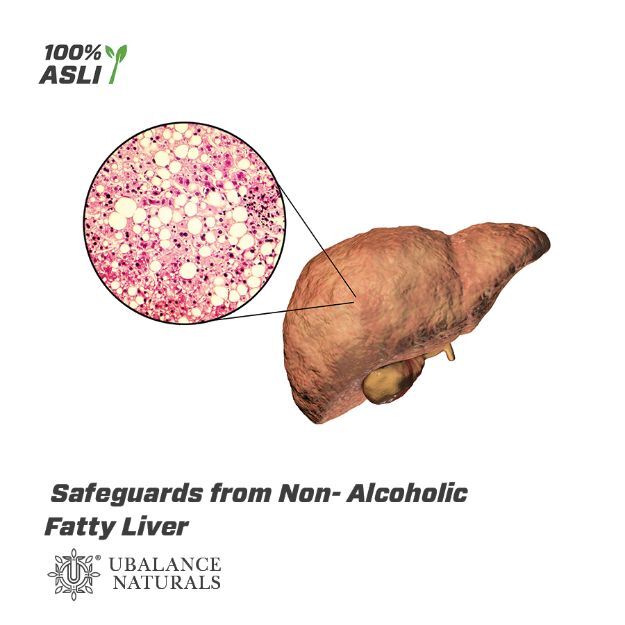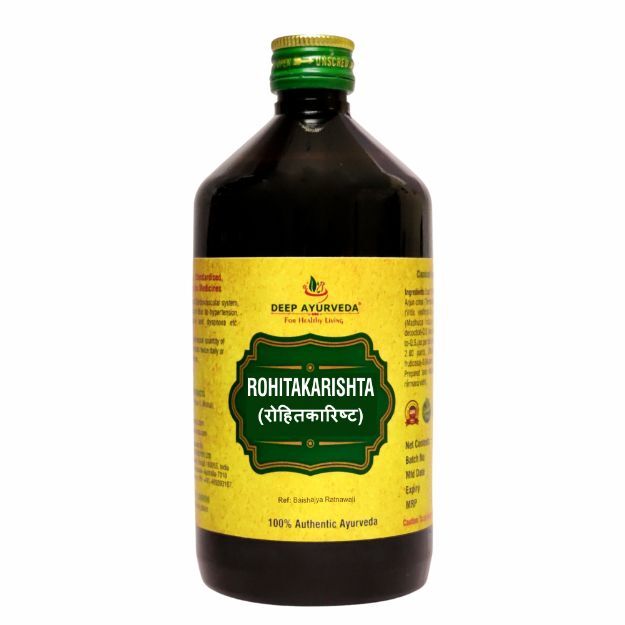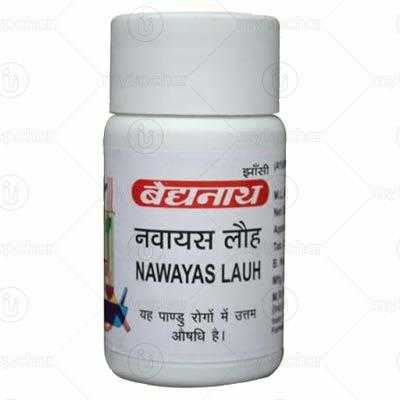Hepmend Sachet is a prescription drug, available for use as Granules. Primarily, it is used for the treatment of Fatty Liver. Hepmend Sachet also has some secondary and off-label uses. These are listed below.
The optimal dosage of Hepmend Sachet is largely dependent on the individual's body weight, medical history, gender and age. Dosage also depends on the route of administration and your chief complaint for which the drug is prescribed. Refer to the dosage section for a detailed discussion.
The side effects typically associated with Hepmend Sachet include Nausea or vomiting, Diarrhoea, Abdominal Pain. Apart from the aforementioned side effects, Hepmend Sachet can also lead to other problems, which have been listed below. These side effects of Hepmend Sachet are usually temporary and subside with the completion of treatment. Consult your doctor if these side effects become worse or stay for a longer duration.
Furthermore, you should know that effect of Hepmend Sachet is Unknown for pregnant women and Unknown for women who are breastfeeding. It is important to know if Hepmend Sachet has any effect on the kidney, liver and heart. Information on such adverse effects, if any, has been given in the Hepmend Sachet related warnings section.
The section on Hepmend Sachet contraindications lists all such conditions.
Additionally, Hepmend Sachet may also adversely react with other medicines. Refer to the list below for further details.
In addition to the above precautions for Hepmend Sachet, it is important to know that it is safe while driving, and is habit-forming.
X

